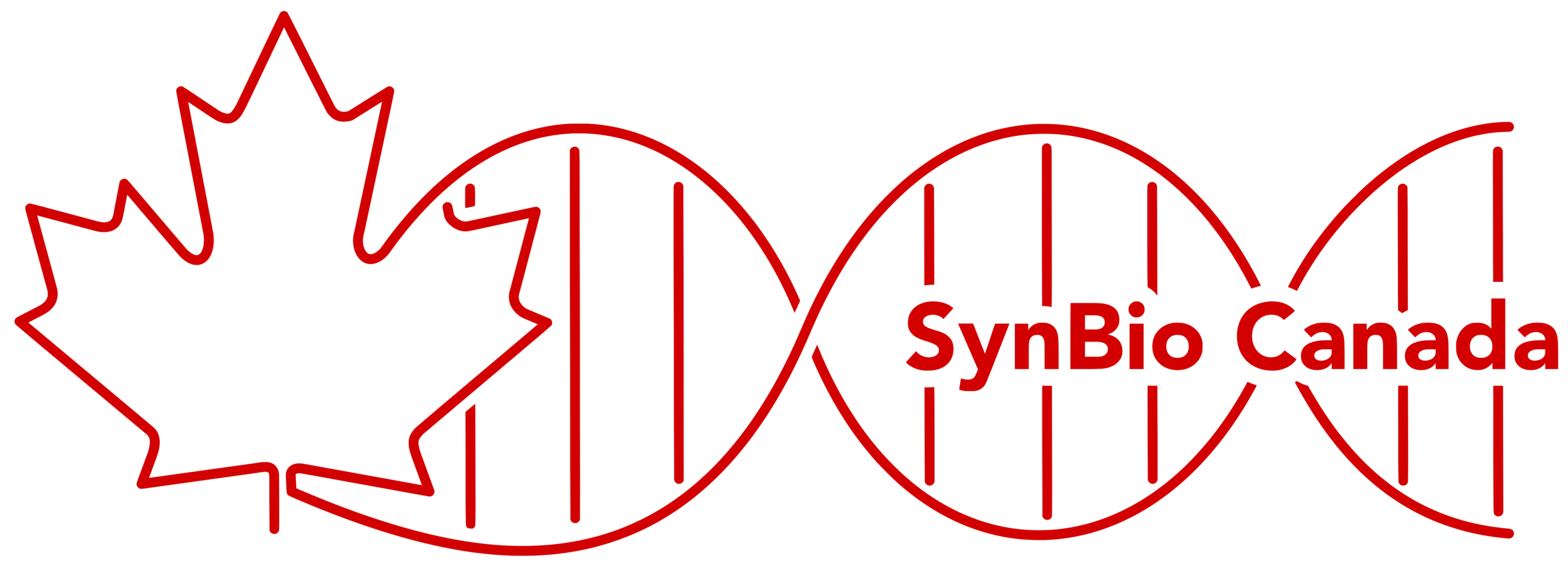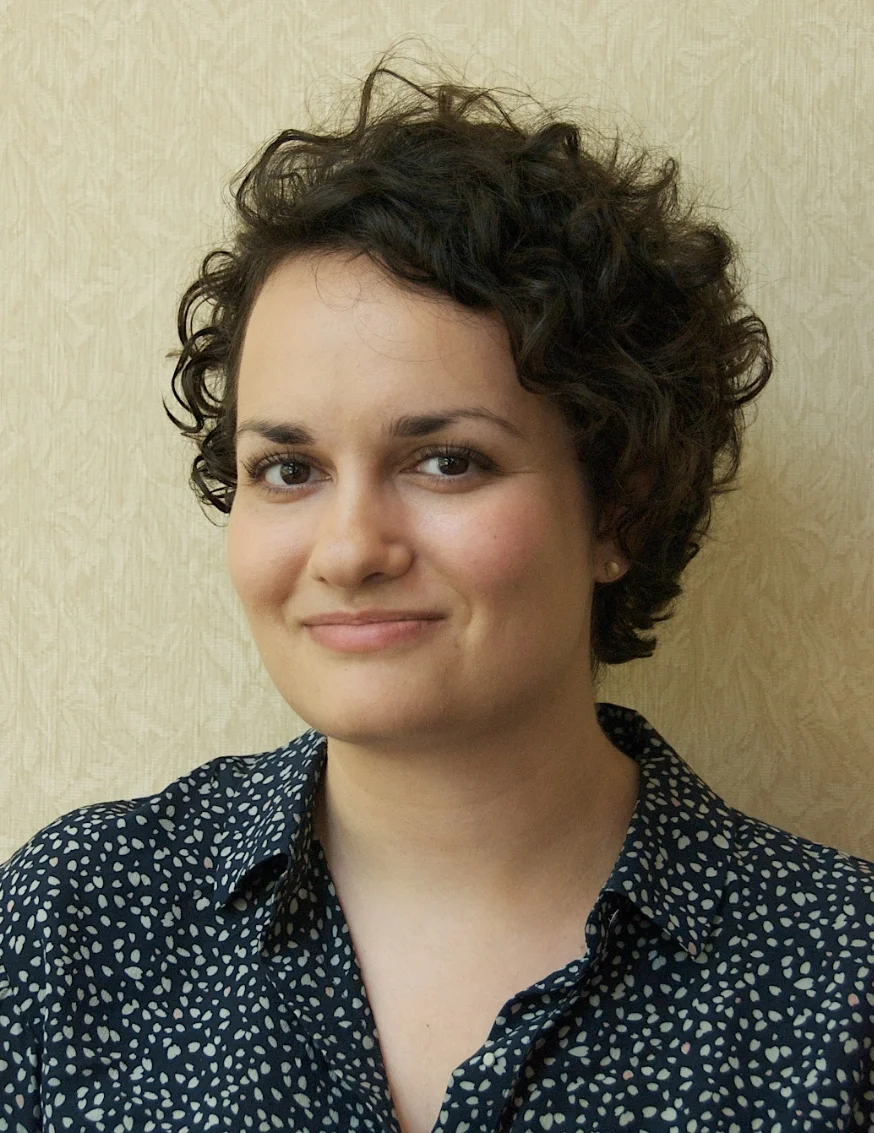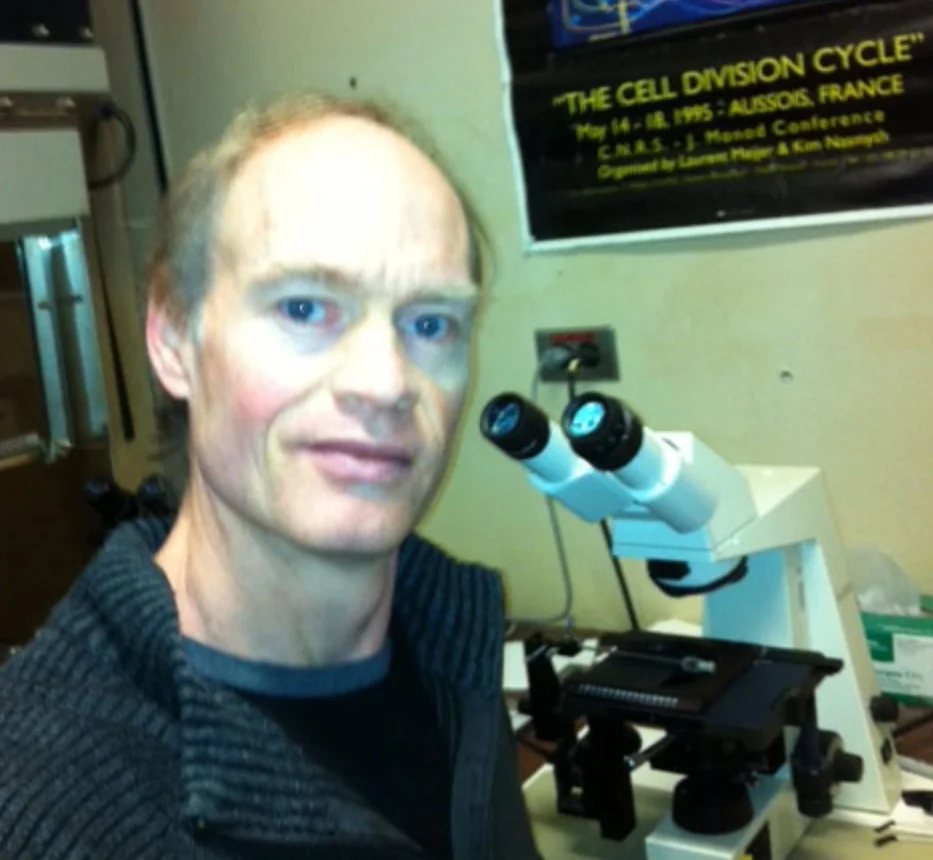Development of yeast chassis for synthetic biology applications.
Read MoreWe take advantage of latest synthetic biology approaches to increase the scale or resolution at which we can interrogate the systems biology of the cell.
Read MoreUsing humanized S. cerevisiae (baker's yeast) as a platform to develop new medicines.
Read MoreOur group is interested in sustainable production of chemicals by reprogramming simple organisms, such as yeast, into "smart chassis" to yield customizable products.
Read MoreMy research program combines physics and synthetic biology to make fundamental advances in our understanding of living systems and to apply this knowledge to the growing problem of antimicrobial resistance.
Read MoreI am the primary investigator for the Lethbridge high school iGEM team and the manager of SynBridge, the U of L's synthetic biology maker space.
Read MoreDang Group integrates biochemistry, chemistry, bioinformatics, and molecular genetics to elucidate and engineer the biosynthesis of valuable small molecules from medicinal plants.
Read MoreWe are a systems genetics and synthetic biology group interested in repurposing model organisms by humanizing yeast. Our laboratory aims to engineer human biological processes in simplified cells to study disease and evolution.
Read MoreI believe that Synthetic Biology will continue to play a significant role in medical innovation, including engineered virus and engineered immune cells that can cure cancer.
Read MoreWe investigate how phenotypes and disease states emerge from the interplay of genetic determinants in yeast and human cells.
Read MoreWe are utilizing Synthetic Biology tools for improving the productivity of agricultural crops. Specifically, we apply precise gene editing tools to improve tolerance to pests, diseases and abiotic stress of economically important agricultural crops, such as wheat, canola and pulse.
Read MoreResearch in the Karas lab is focused on developing innovative genetic tools to enable the engineering of microbes to produce medicines, DNA storage technologies, food and next-generation fuels.
Read MoreBioZone aims to use Bioengineering to create a sustainable world by making industrial processes more sustainable, remediating humanity's environmental impact, and improving health outcome.
Read MoreOur group primarily works on engineering metabolism in bacteria and yeast to produce chemicals and therapeutic molecules. Through the use of computational strategies on genome scale metabolic models of these organisms, we identify genetic intervention strategies to enhance target molecule production.
Read MoreWe are synthetic biologists with a strong penchant for metabolic engineering and industrial strain improvement. We like yeast but will play with other unicellular bugs as well.
Read MoreWe work on (mainly) microbial synthetic biology, investigating ways to create novel solutions to real-world problems with engineered microbes.
Read MoreWe develop new methods in the domains of Genomics and Synthetic Biology, using microfluidics and computational biology.
Read MoreSynthetic biology strategies for the biosynthesis of fine chemicals, especially lipid-based drugs and biofuels
Read MoreMy research group at the University of Guelph is developing new CRISPR-based platforms for functional genomic analysis in fungal pathogens.
Read MoreWe investigate the potential application of synthetic biology for performing metabolic engineering of yeast, bacteria and cyanobacteria.
Read More



















